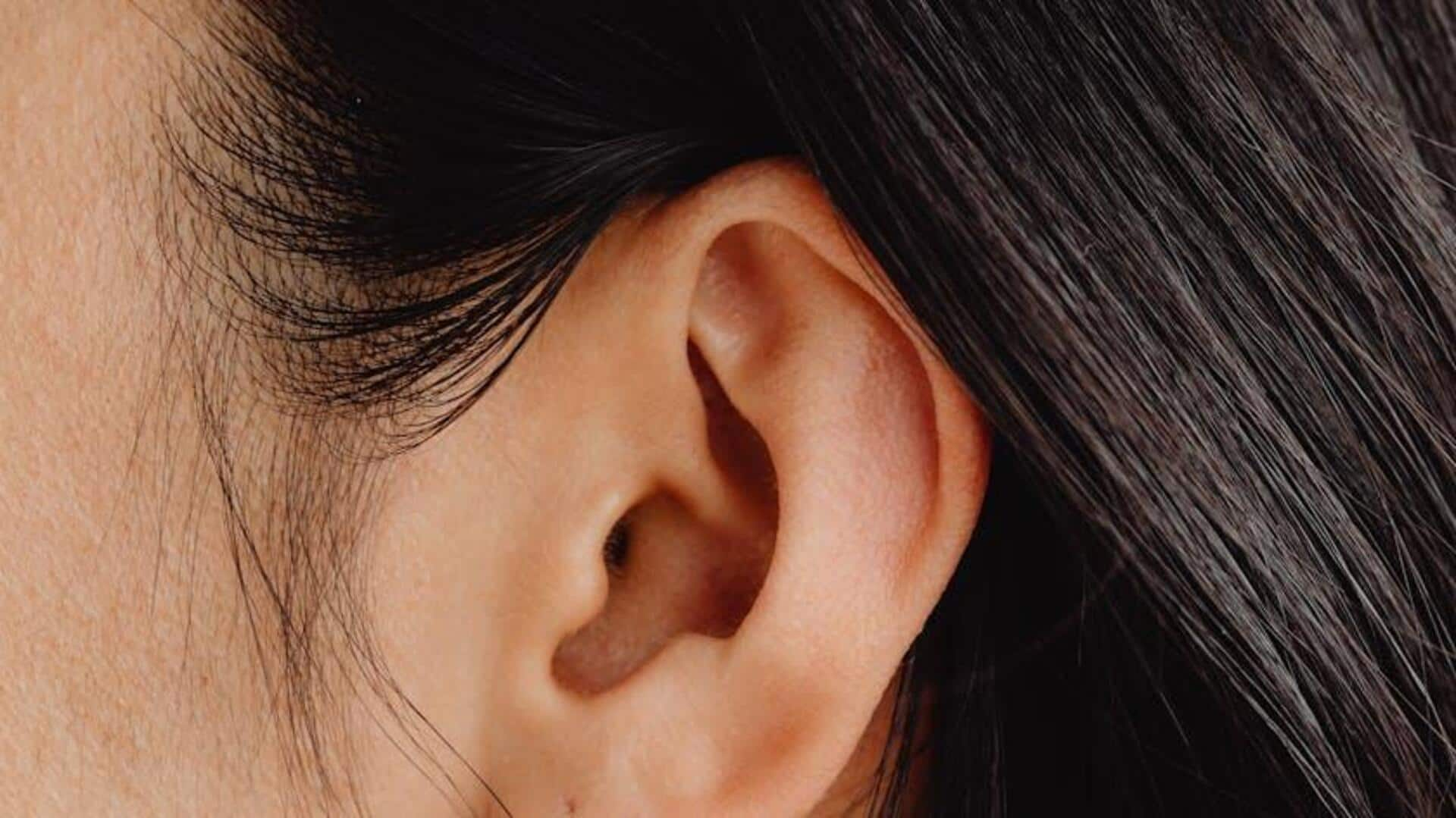
Strengthen your hearing with these 5 effective exercises
What's the story
The inferior colliculus is a vital component of the brain's auditory pathway, responsible for processing and transmitting sound information to the thalamus. Enhancing its responsiveness can significantly improve auditory processing capabilities. This is particularly advantageous for musicians, those learning new languages, and individuals with auditory processing disorders. This article provides a list of five simple exercises to stimulate and strengthen your inferior colliculus's response to sound.
Complexity
Listen to complex musical compositions
Hearing complex pieces of music, which use a broad spectrum of frequencies, rhythms, and dynamics, can greatly exercise the inferior colliculus. Classical music, jazz, or any genre with complex arrangements fosters active listening and interaction with varied sound patterns. This practice not only amplifies the pleasure of music but also strengthens the brain's capacity to analyze intricate auditory information.
Binaural
Practice binaural beats meditation
Binaural beats meditation requires you to listen to two tones of slightly different frequencies, one in each ear. The brain processes them as one tone that beats or oscillates. This practice increases focus, reduces stress, and trains the inferior colliculus. Over time, it improves your ability to distinguish between small differences in sound, strengthening your auditory processing skills.
Conversational focus
Engage in conversational listening in noisy environments
Straining to hear conversations in noisy environments actually trains your brain to become better at filtering out background noise and focusing on specific sound sources. This "workout" strengthens the inferior colliculus by forcing it to prioritize certain auditory signals over others. Eventually, this can improve your speech recognition abilities and enhance your overall auditory selective attention.
Localization
Utilize sound localization exercises
What are sound localization exercises? These exercises focus on identifying the direction of different sounds without relying on sight. By practicing, you strengthen your spatial hearing abilities, activating both hemispheres of your brain and the inferior colliculus, a key area for auditory processing. Better sound localization helps everyone, from musicians aiming to pinpoint where sounds originate on stage to individuals enhancing their awareness of their environment.
Memory enhancement
Incorporate auditory memory games
Turns out, playing games that involve remembering sequences or specific details of sounds can greatly improve your auditory memory. These activities exercise both your short-term and working memory, which are directly linked to how well sounds are processed through pathways like the inferior colliculus. By regularly playing these games, you'll strengthen your ability to both recall and process complex sequences of sounds more efficiently.